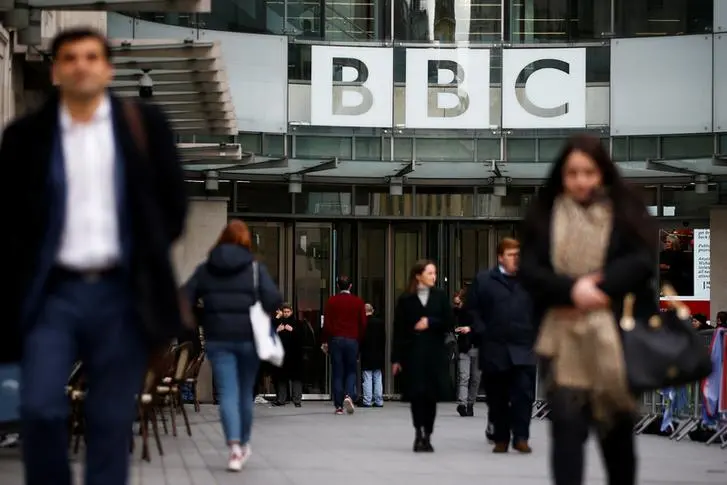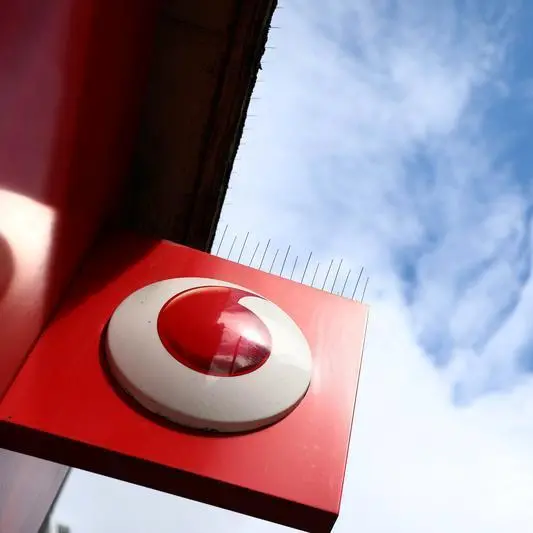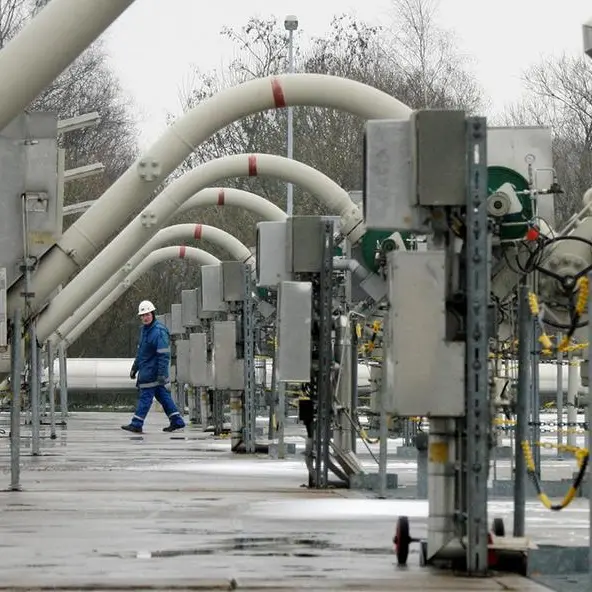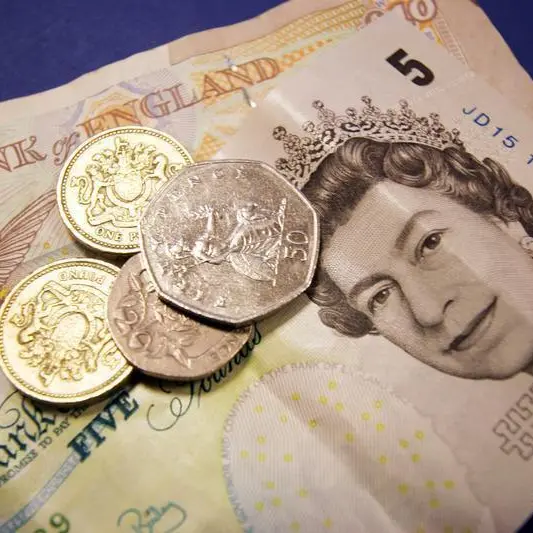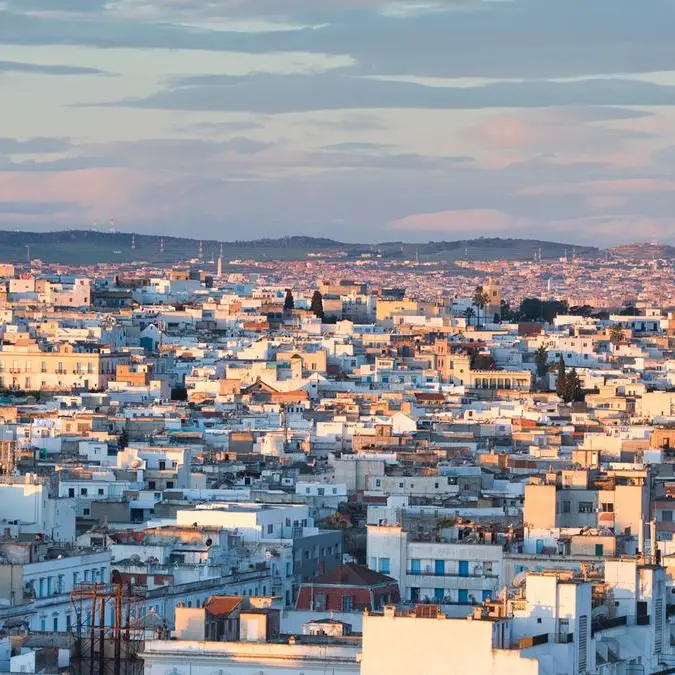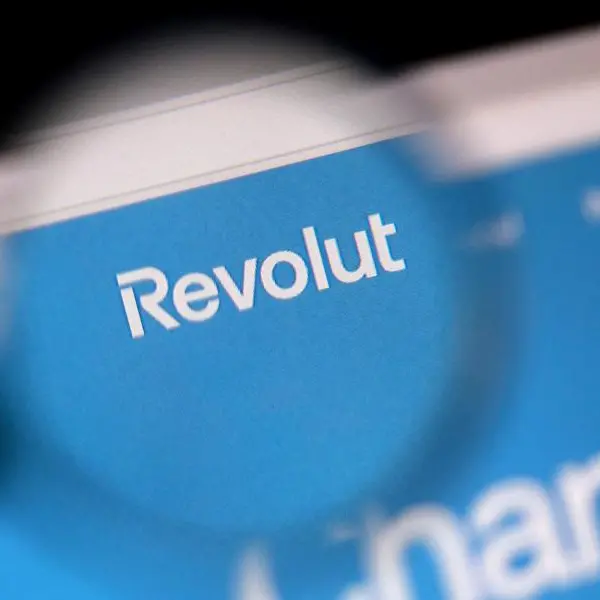PHOTO
The TV licence that funds Britain's BBC will rise by 10.50 pounds to 169.50 pounds ($213) in April, less than the increase the broadcaster had expected, and its long-term future will be reviewed, media minister Lucy Frazer said on Thursday.
The fee, which is payable by all households who watch live TV, had been frozen at 159 pounds for two years, but was due to rise next year in line with average inflation for the previous 12 months of 9%.
Instead, Frazer said the rise would be based on September's rate of 6.7% to limit its impact on pressured families.
"This is a fair deal that provides value for money for the licence fee payer while also ensuring that the BBC can continue to produce world-leading content," she said.
Frazer said her department would also review the broadcaster's funding in the long term.
She said the audience for broadcast television fell significantly last year, with 79% of the population tuning in each week, down from 83% in 2021, in a rapidly changing media landscape.
"As this trend continues, linking the TV licence to watching live TV will become increasingly anachronistic," she told lawmakers on Thursday.
The review would look at a range of funding options, she said, including how the broadcaster could increase its commercial income to reduce the burden on licence-fee payers.
The BBC said the lower-than-expected rise, after two years of no increases during a time of high inflation, would mean it would have to go further in making savings.
"Our content budgets are now impacted, which in turn will have a significant impact on the wider creative sector across the UK," its board said in a statement.
"We will confirm the consequences of this as we work through our budgets in the coming months." ($1 = 0.7959 pounds)
(Reporting by Paul Sandle, Editing by Kylie MacLellan)
